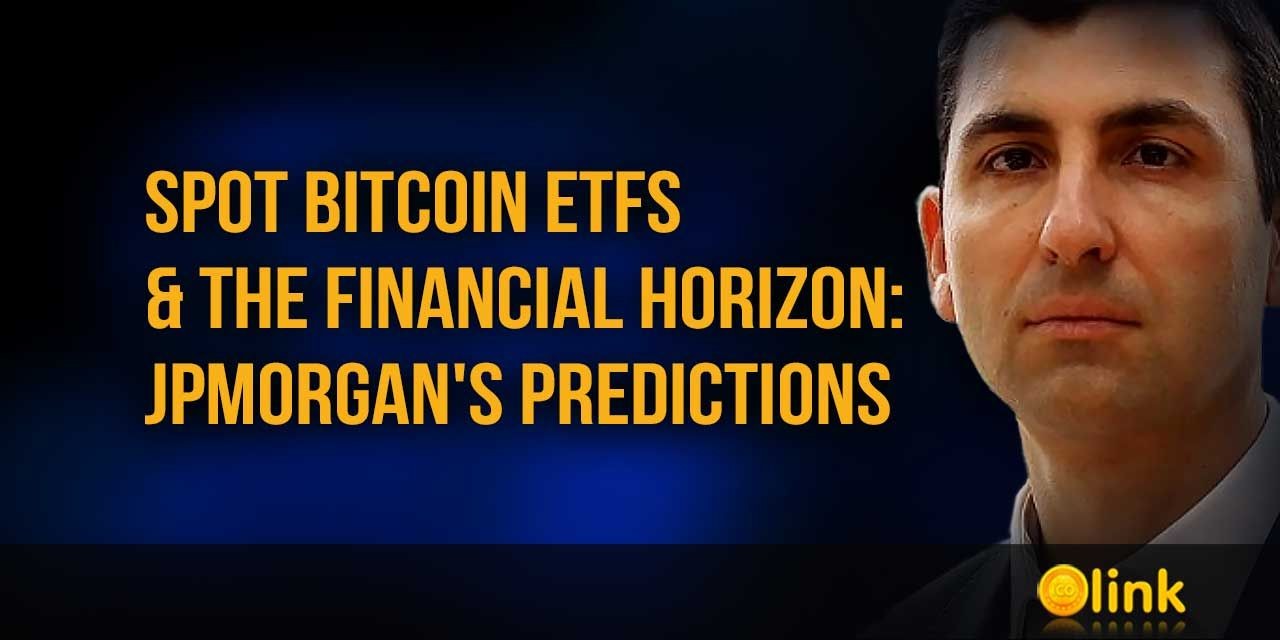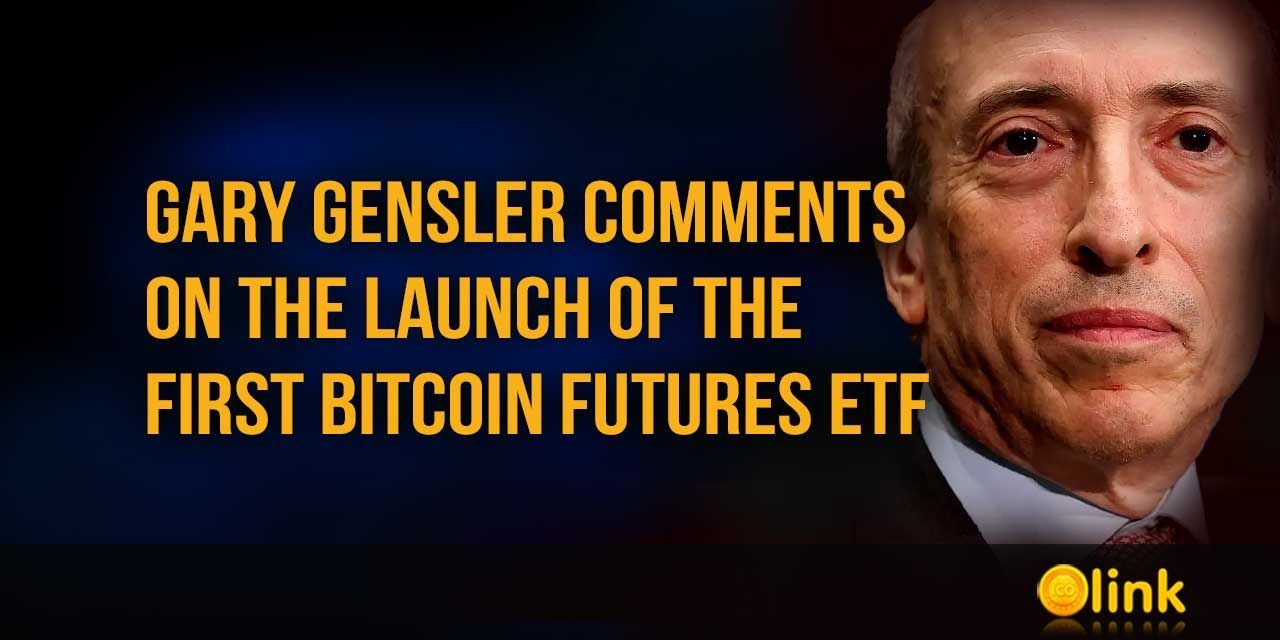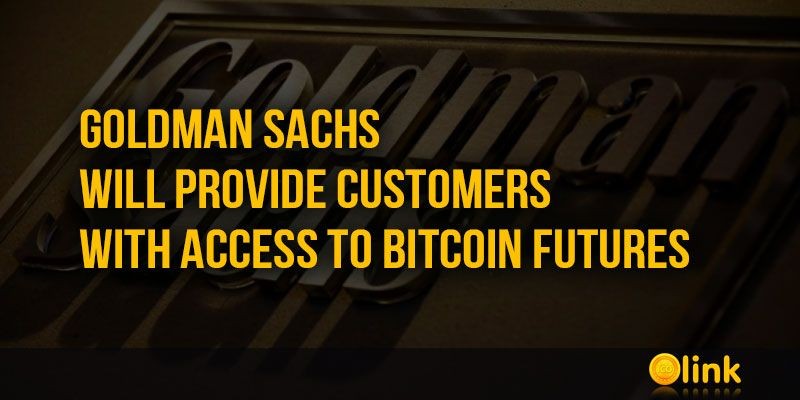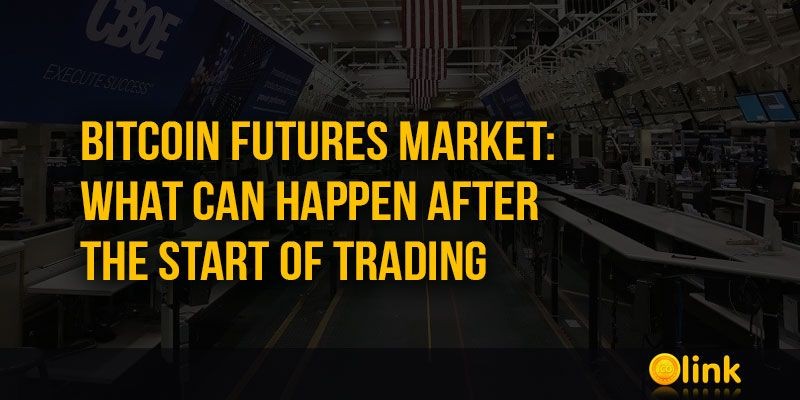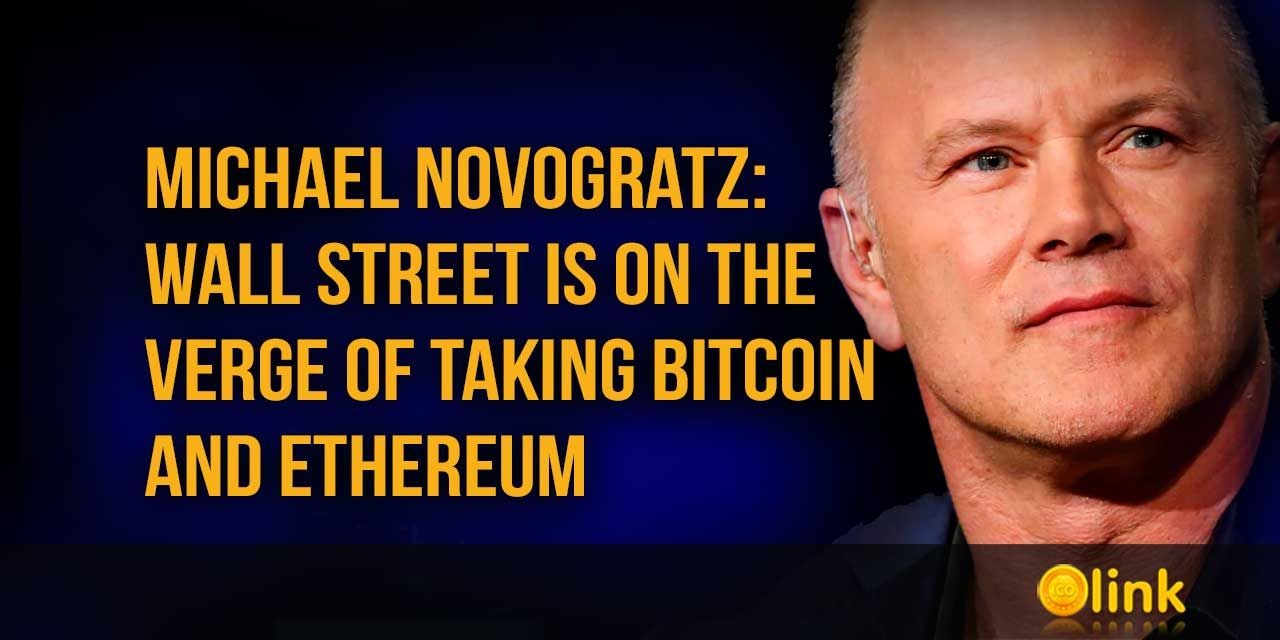bitcoin futures
Here you will find all posts tagged bitcoin futures
About bitcoin futures ℹ️
Bitcoin futures are financial contracts that allow investors to speculate on the future price of Bitcoin without actually owning the underlying asset. These futures contracts enable traders to bet on whether the price of Bitcoin will rise or fall over a specified period, typically ranging from days to months. Unlike trading Bitcoin directly on cryptocurrency exchanges, where investors must buy and hold the digital currency, Bitcoin futures offer a more convenient and regulated way to gain exposure to Bitcoin price movements. Futures contracts are traded on traditional futures exchanges, such as the Chicago Mercantile Exchange (CME) and the Intercontinental Exchange (ICE), providing liquidity, transparency, and regulatory oversight. When trading Bitcoin futures, investors can take two main positions: long or short. A long position involves buying Bitcoin futures in anticipation of a price increase, while a short position involves selling Bitcoin futures with the expectation of profiting from a price decline. Bitcoin futures are settled in cash, meaning that upon expiration of the contract, the difference between the contract price and the actual price of Bitcoin is settled in fiat currency. This allows traders to profit from Bitcoin price movements without needing to own or transact in Bitcoin itself. Bitcoin futures have become increasingly popular among institutional and retail investors as a way to hedge against price volatility, diversify investment portfolios, and speculate on Bitcoin price movements. However, it's important to note that trading futures involves risks, including the potential for losses due to price fluctuations and leverage. Overall, Bitcoin futures play a significant role in the cryptocurrency market, providing liquidity, price discovery, and risk management tools for investors. As the cryptocurrency ecosystem continues to evolve, Bitcoin futures are likely to remain a key instrument for traders seeking exposure to the digital asset.
Nikolaos Panigirtzoglou: SEC will give the green light to several ETF applications at once
Gary Gensler, Chairman of the US Securities and Exchange Commission, explained why the agency approved the launch of an ETF on BTC futures, rather than a direct exchange-traded fund for cryptocurrencies.
According to anonymous source from Bloomberg, Goldman Sachs will clear the futures contracts for Bitcoins for its customers, when the futures markets will be launched on December 10 at the CBOE and on December 18 at the CME. This is an important stage for the Cryptocurrency industry, as the futures markets will provide access to the cryptocurrency-loans to customers of large banks and brokerage firms. If this information is confirmed, the pessimistic attitude of traditional market players to cryptocurrency-derivatives will begin to change, and their support will become a competitive advantage.
All Bitcoin traders should note two important dates in their calendars: December 10 and December 18. It is these days that the CBOE and CME group will begin trading in Bitcoins futures and options. Later, other traditional exchanges can join them. At the same time, not all traders understand that these events mean for the community and how the situation in the last two weeks of 2017 can change. The market of trade Bitcoin can be compared with the river. Its flow depends on constant quantities, and therefore it usually flows in one direction. On the other hand, the Bitcoin futures market is similar to the ocean with thermohaline circulation: its flow depends on several variables. Sharks of the futures market are not friendly at all - they will do everything to earn money, even if they have to go through the heads of other market participants.
Michael Novogratz, former head of the hedge fund of the Fortress Investment Group, who recently became a cryptocurrency investor, noted that he believes that institutional investors are only a few weeks from the mass adoption of Bitcoin and the Ethereum.

